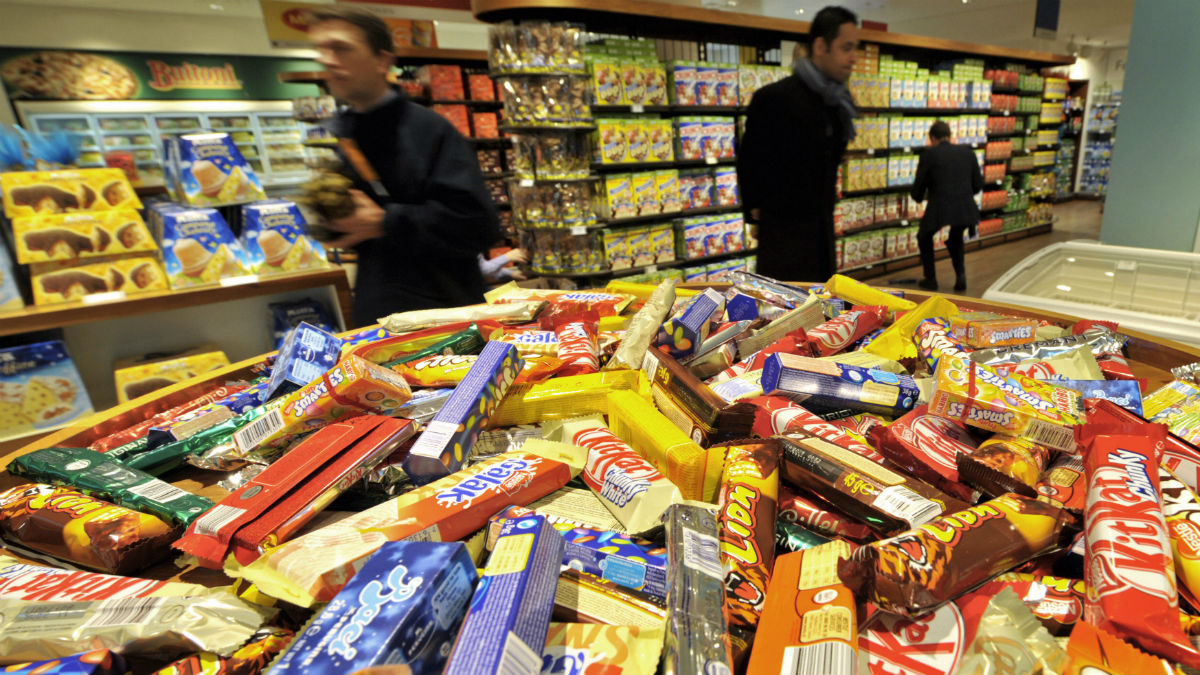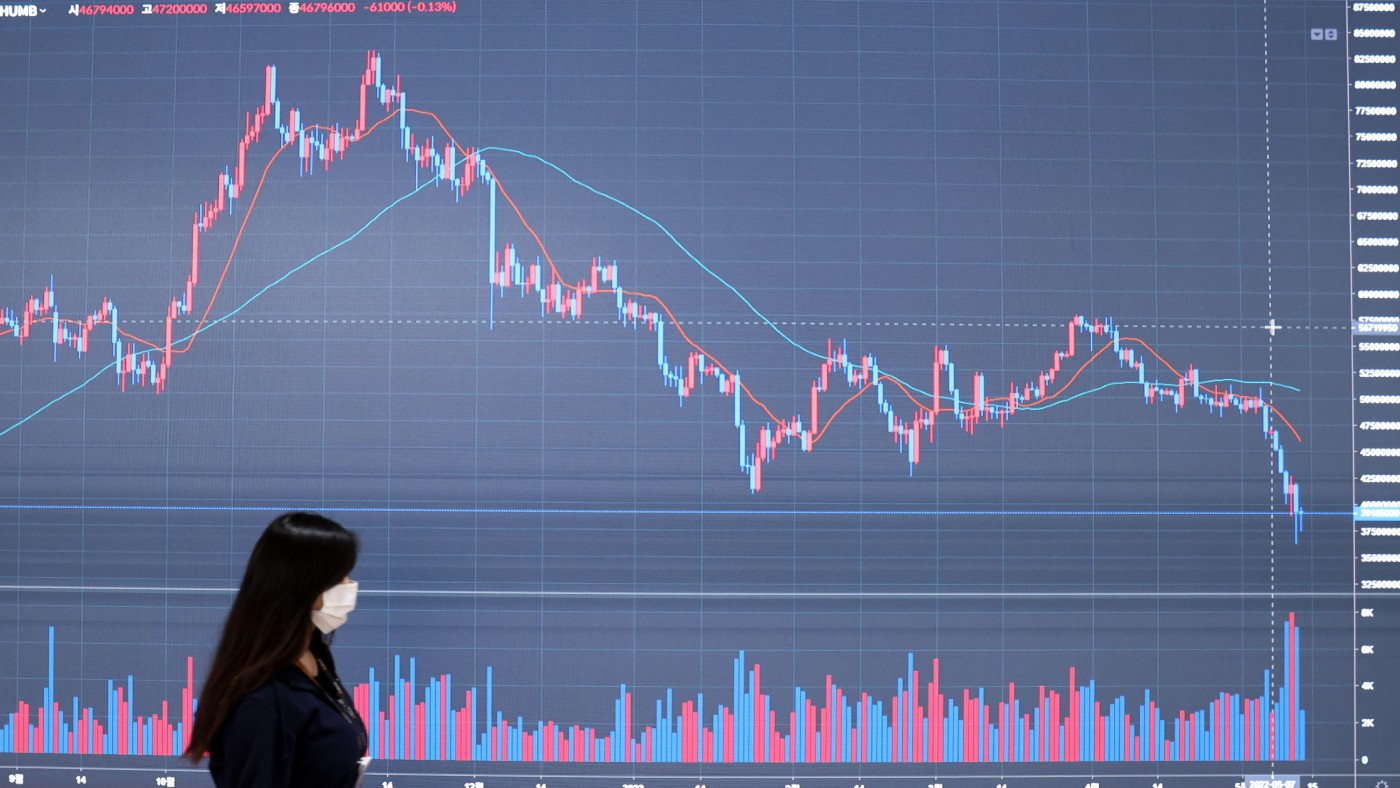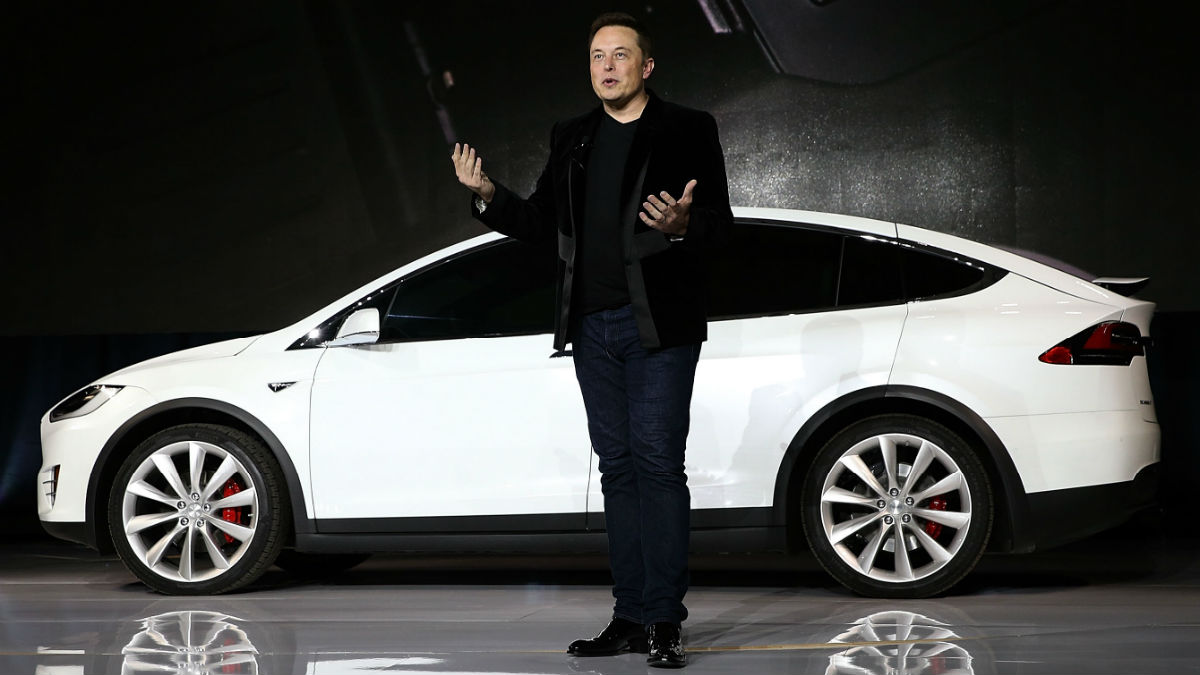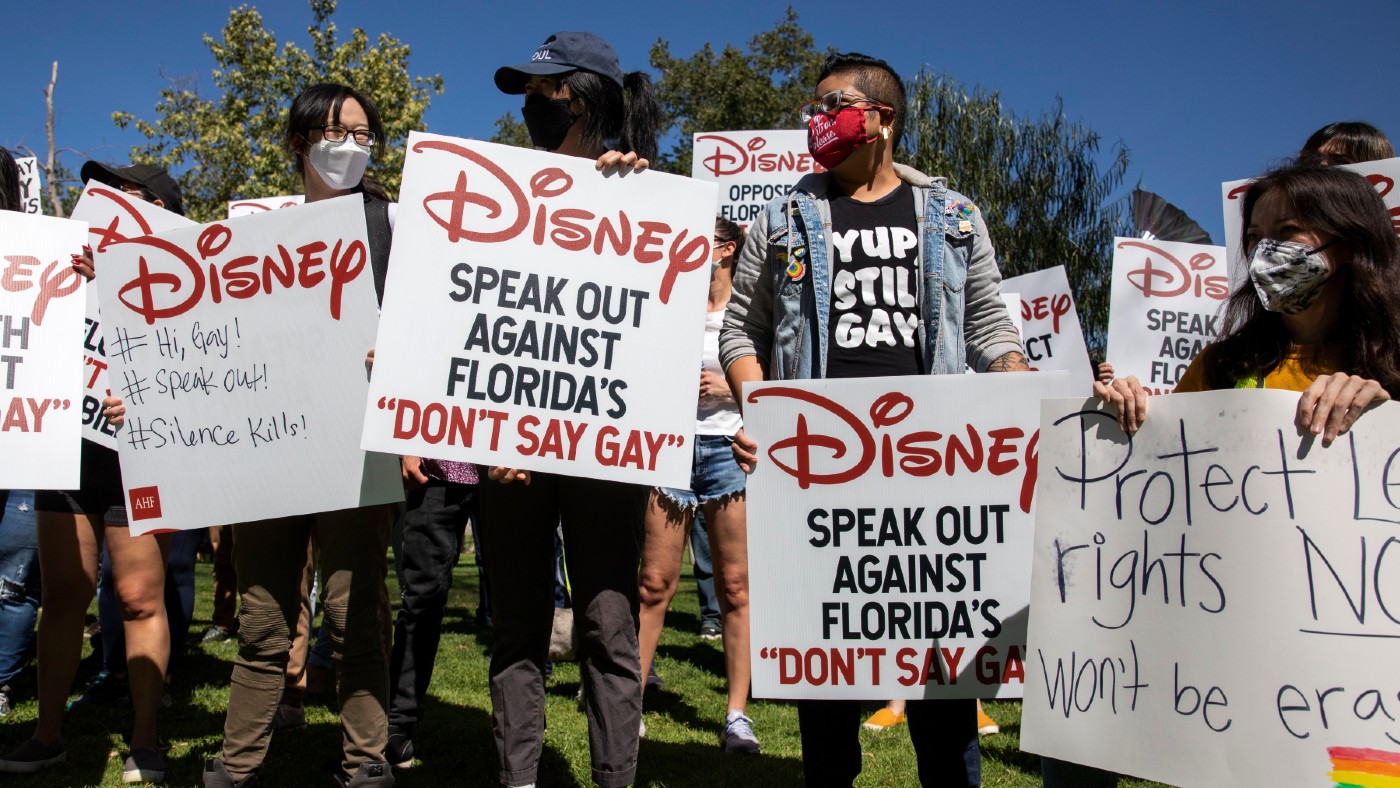Sugar and salt tax: the strategy to break ‘junk food cycle’
Proposed new levy triggers concerns about how food price increases will impact families

A free daily email with the biggest news stories of the day – and the best features from TheWeek.com
You are now subscribed
Your newsletter sign-up was successful
An independent review of food consumption and production has proposed the world’s first taxes on sugar and salt.
Led by businessman Henry Dimbleby, the government-commissioned National Food Strategy aims to break the “junk food cycle”. The newly published proposals also plans for a 30% cut in meat consumption, and for vegetables to be prescribed by the NHS.
In the second of two reports, Dimbleby - a co-founder of the Leon restaurant chain - said the food system is a “logistical miracle, full of amazing, inventive people” but the food we eat “is doing terrible damage to our planet and to our health”.
The Week
Escape your echo chamber. Get the facts behind the news, plus analysis from multiple perspectives.

Sign up for The Week's Free Newsletters
From our morning news briefing to a weekly Good News Newsletter, get the best of The Week delivered directly to your inbox.
From our morning news briefing to a weekly Good News Newsletter, get the best of The Week delivered directly to your inbox.
He also warned that the way food is consumed is putting “intolerable strain” on the NHS. In England alone, poor diet contributes to 64,000 deaths a year and costs the economy £74bn.
But while money raised by the levy could be spent on addressing the inequalities around food, there are also concerns that the “snack tax” could increase UK families’ shopping bills by a total of up to £3.4bn a year, LBC reports.
What the review says
The National Food Strategy project is the first independent review of England’s food system in 75 years, The Big Issue reports. It’s hoped that the food strategy will “transform the way England produces, sources and consumes food in a bid to cut down on poverty and improve health across the country, as well as maintaining UK food standards after Brexit”.
A free daily email with the biggest news stories of the day – and the best features from TheWeek.com
A levy of £3 a kilo on sugar and £6 a kilo on salt sold wholesale for use in processed food, restaurants and catering is the review’s “most eye-catching recommendation”, The Guardian says. The proposed levy could put 1p on a bag of crisps and 7p on a Mars bar, but would “hit the poorest consumers hardest”, the paper adds.
Key recommendations also include trialling a scheme to let GPs prescribe fruit and vegetables to patients who are “food insecure” or suffering from the effects of poor diet.
The government has promised to respond with proposals for future laws within six months, the BBC reports.
And the reaction
Celebrity chef Jamie Oliver has backed the campaign, arguing that “this is no time for half-hearted measures”. He added: “If both government and businesses are willing to take bold action and prioritise the public’s health, then we have an incredible opportunity to create a much fairer and more sustainable food system for all families.”
Dimbleby says that the taxes raised could extend free school meal provision and support better diets among the poorest. However, industry officials have warned that new taxes could increase the price of food, the BBC reports.
Ian Wright, chief executive of the Food and Drink Federation, said: “Obesity and food is very much about poverty. We need measures to tackle poverty and to help people make the choices that they need to make. Telling them what to do is rarely a good idea. Consumers, by and large, resent being told what to do.
“One of the big problems about a tax in this way is the suggestion that it will be hypothecated to good acts like school meals, like prescribing vegetables. The Treasury never, ever allows that to happen.”
Andrew Burton, owner of the Mannion & Co cafe in York, is also unconvinced the idea will work. He told Sky News: “We’ve looked at everything we do, we have reduced salt, we have reduced sugar, but there’s only so far you can go before someone says, ‘that’s bland, can we have the salt, can we have the sugar’, and they just put it on themselves.”
Could the government reject the plan?
As part of a “once-in-a-lifetime opportunity” to break Britain’s addiction to junk food, ministers are being urged to levy a £3bn sugar and salt tax. But is there any chance of the government accepting its central recommendation? “It does not sound like it,” The Guardian says.
During an interview this morning, Communities Secretary Robert Jenrick was challenged by LBC’s Nick Ferrari, who asked: “How is it levelling up to put an additional £180 on a family’s shopping bill, adding 87p to a packet of Frosties?”
Jenrick replied that it “isn’t the government’s policy” and it was an “independent report”. LBC host Ferrari then asked if this meant the report had been “rejected” by ministers, with Jenrick answering that they had “only received it this morning”.
According to Politico London Playbook’s Alex Wickham, a government insider said they were not considering implementing “Dimbers’ jam tax”.
Meanwhile. Dimbleby told the FT that “this is not a wish list of ideas that we hope might help” and that “these are concrete proposals for immediate action, which we have explored in depth and are confident will work”.
Unfortunately for him though, “there was a chorus of angry voices in government and across the Tory Party last night insisting that his top line recommendations would be rejected and were considered completely unworkable by ministers”, says Wickham.
Link between obesity and Covid
Research published in April 2020 found that obesity may play a significant factor in the severity of coronavirus symptoms.
Scientists from Edinburgh and Liverpool universities and Imperial College London analysed data from 15,100 coronavirus patients across the UK to draw up a profile of how the virus “exploits” age, sex and underlying health conditions. The research findings suggested that one of the most important risk factors is being overweight.
Dimbleby says that Covid has been a “painful reality check” and “our high obesity rate has been a major factor in the UK’s tragically high death rate”. He has urged ministers to “seize the moment to build a better food system for our children and grandchildren”.
-
 Alexei Navalny and Russia’s history of poisonings
Alexei Navalny and Russia’s history of poisoningsThe Explainer ‘Precise’ and ‘deniable’, the Kremlin’s use of poison to silence critics has become a ’geopolitical signature flourish’
-
 Are Hollywood ‘showmances’ losing their shine?
Are Hollywood ‘showmances’ losing their shine?In The Spotlight Teasing real-life romance between movie leads is an old Tinseltown publicity trick but modern audiences may have had enough
-
 A dreamy long weekend on the Amalfi Coast
A dreamy long weekend on the Amalfi CoastThe Week Recommends History, pasta, scenic views – this sun-drenched stretch of Italy’s southern coast has it all
-
 The end of WeightWatchers?
The end of WeightWatchers?Talking Point The diet brand has filed for bankruptcy in the US as it struggles to survive in era of weight-loss jabs
-
 Novo Nordisk: the pharma giant making Denmark rich from US obesity epidemic
Novo Nordisk: the pharma giant making Denmark rich from US obesity epidemicfeature Producer of weight-loss wonder-drugs Ozempic and Wegovy now valued at more than entire Danish economy
-
 What is hepeating?
What is hepeating?In the Spotlight ‘Many women’ recognise this harmful workplace behaviour and various studies show evidence of it
-
 The return of the World Economic Forum in Davos
The return of the World Economic Forum in DavosIn the Spotlight Does the annual gathering of the global business elite have any relevance, when globalisation is in swift retreat?
-
 Cryptocurrencies: luna’s death spiral
Cryptocurrencies: luna’s death spiralIn the Spotlight A vicious crash has shaken confidence in the entire crypto ecosystem
-
 Elon Musk’s Twitter takeover: trouble for Tesla?
Elon Musk’s Twitter takeover: trouble for Tesla?In the Spotlight It’s hard to find a solid business case for the billionaire’s buyout of the social media platform
-
 Disney vs. conservatives: the latest chapter of the war on ‘woke’
Disney vs. conservatives: the latest chapter of the war on ‘woke’In the Spotlight No doubt company is becoming increasingly political, in a way that rankles with many people
-
 ‘Rocking the boat’: the disgrace of P&O Ferries
‘Rocking the boat’: the disgrace of P&O FerriesIn the Spotlight Stern action is needed to counter companies who believe breaking the law is justifiable